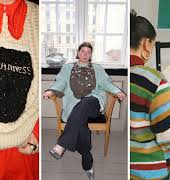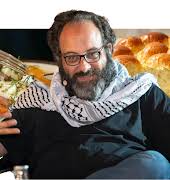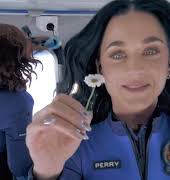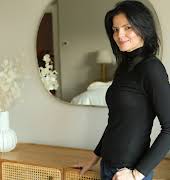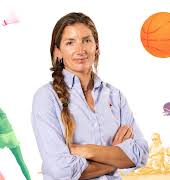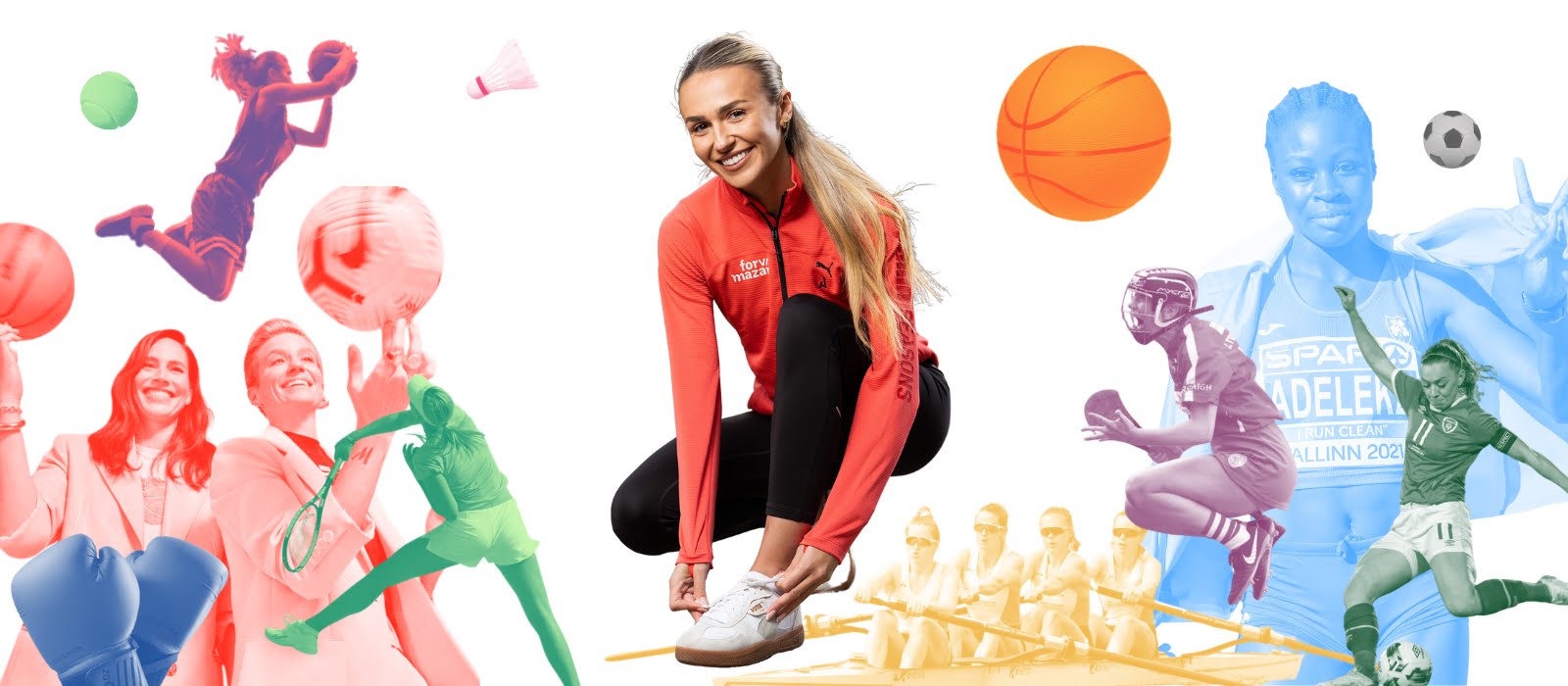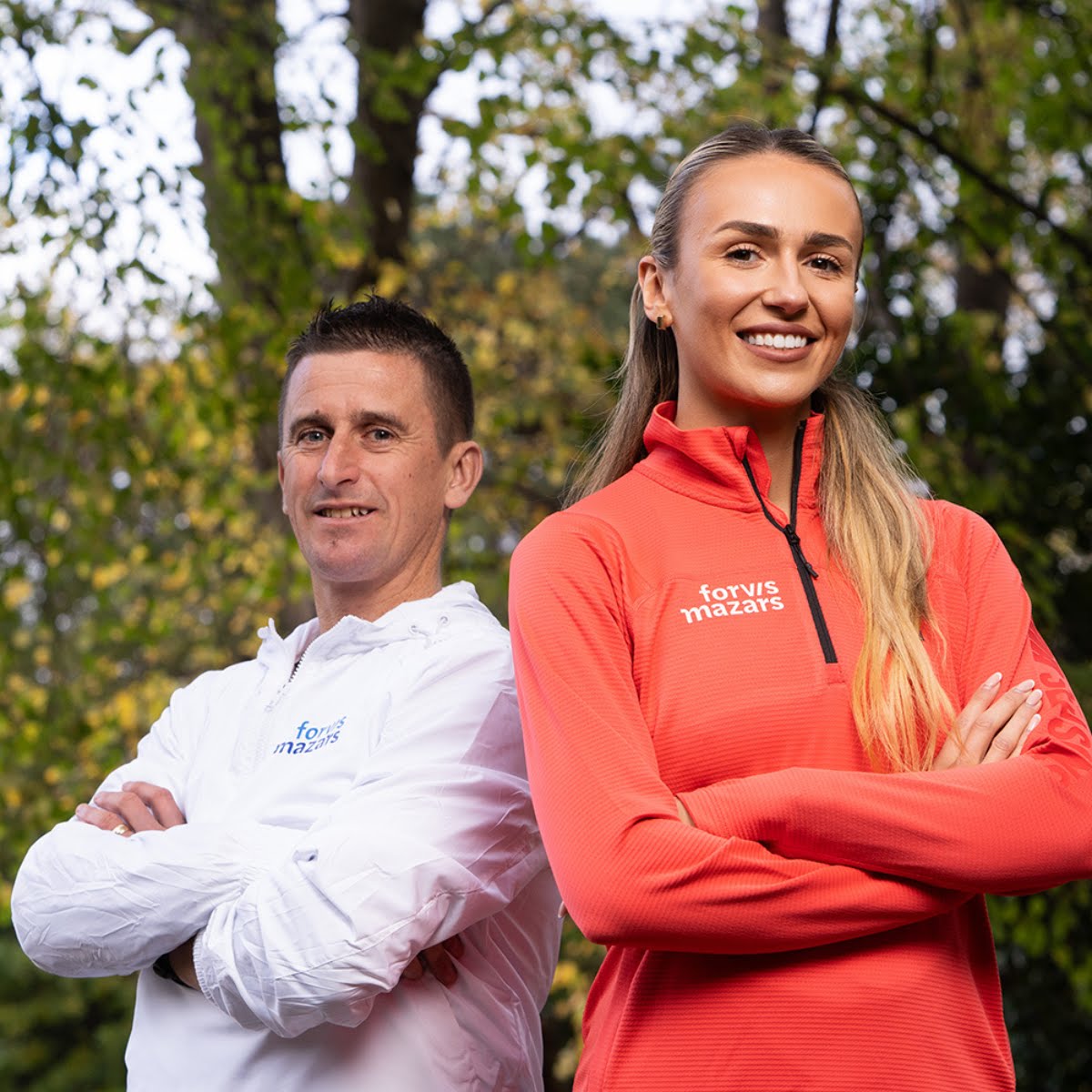
Sharlene Mawdsley: ‘I thrive on bouncing back — I want to show people I can’t be broken’
We sit down with Olympic athlete Sharlene Mawdsley to talk about the importance of determination and resilience, along with some much-needed advice for sticking with fitness goals.
Fourth place at the Olympics on your 26th birthday is a huge milestone. What does that achievement, and producing your fastest-ever relay split, mean to you?
It truly does mean so much, it’s a day I will remember for the rest of my life, purely due to the high emotions that came with it. I’ll always remember getting ready, doing my hair and make-up as I usually do while on FaceTime to my friends, and then getting to step out in front of 80,000 people and seeing my parents just as I walked to the final call. Running the fastest I’ve ever ran on the biggest stage of them all showed me that I could deal with the pressure involved in high performance and it gave me the belief that I’ve always needed.
What was going through your mind during that incredible race, and how did you push yourself to achieve that split?
Nothing. It’s funny because it was just instinct, run like I always did and just empty the tank. That’s all I could do. I actually felt devastated when I heard I had ran 49.14—which I never thought would be possible—but the agonising feeling of just missing out on the medal felt raw at the time. Now I’m proud that I did everything I could for the team.
How did you discover athletics as the sport that suited you best?
When I played team sports and I realised it wasn’t for me!
What advice would you give to young people who are still searching for their “right” sport?
Try everything. I tried a lot of things and 99% of them weren’t right for me. Then I fell in love with running fast and that stuck with me.
You’ve recently started training with Tony Lester in the UK. What motivated this change after the Olympics?
I had given myself three years of putting everything I had into running even though I knew it wasn’t 100%. I still knew I had so much room to improve. So after the Olympics, when the motivation was low, I sought what would be the best decision for me. It was a really hard decision to make the move, because it affected quite a big part of my life, but I knew if I didn’t make the change I would always wonder “what if”. After a brief encounter with Tony in Paris, I knew it was the right move for me.
How has working with Tony already impacted your mindset and training approach?
Tony has made everything really refreshing. I have 100% trust in him. If Tony asks me to run 500m in training, I do it, no questions asked. He knows my weaknesses and wants to constantly improve on them. I have to listen to feedback, which is quite new to me and my mindset has changed in that I want to know what I can do better now. Before, I didn’t want to hear it.
After stepping away from running in 2018 due to injuries, what gave you the determination to find a way back into the sport?
Roddy Gaynor, who believed in me, encouraged me not to give up. He sat me down, told me that my athletics days were not over and helped me to find a coach and support team. Then I was under the guidance of Gary Ryan, who also showed his belief in me, and that kept me going. All it took was one person to tell me that they saw potential in me. And for that I will be forever grateful to Roddy.
What lessons did you learn about resilience during that difficult time?
I think because I was younger it didn’t really phase me too much. I had friends, a social life and college. I was kept busy until that summer when races were happening, and I was sitting at home. It as later in my career that I faced more challenges. I thrive on bouncing back now. I want to show people I can’t be broken.
You’ve worked with psychologist Jo-Anne Browne to overcome stress and PTSD. How has this mental training influenced your athletic performance and overall well-being?
It has been the biggest factor in me believing in myself. I will be forever grateful to Jo-Anne for helping me face challenges throughout the last number of years. (And to Martina my S&C coach and physio Paul, who also helped in that department!)
What advice would you offer to others in high-pressure environments who are struggling with mental health challenges?
Take a moment to remember all of the work you’ve done to get to where you are. Be present and focus. Remember that life is short and that this moment won’t define the rest of your life. You are in control.
Teamwork is crucial in a relay race. How do you balance individual performance with the collective goals of the team?
I have been an individual athlete for years and I always tell people who ask me “why running” that it’s because I wasn’t a team player due to my competitiveness. That has changed drastically over the last number of years. I now have the mindset that I will do anything for my team. Whether the mixed or women’s relay; I will fight for them no matter what.
Can you share any memorable moments or lessons you’ve learned from competing as part of a relay team?
I love when we are in the team tents before our own individual warm up is taking place. Specifically, the women’s relay, the sense of girlhood in those moments is so special. We joke that Sharls Salon should be open for business because we have all the hair goods, make-up, etc. ready to go. And that will always remain a special memory for me.
What excites you most about the future of athletics and the next generation of talent?
Seeing the growth in Irish athletics is so special. I can’t wait to see more kids get the opportunity to try out athletics and see if they have a love for it.
You’ve been open about the highs and lows of your career. How do you balance the demands of elite sport with your personal life?
Planning is crucial, but the reality is there are a lot of sacrifices to be made in what I do. I always make time to prioritise my friends and family on rest days or during meals. But the other side is that I’ve missed out on family events because of the demands of training and competing.
Looking back, what’s been the most rewarding part of your journey so far?
Qualifying for the Paris Olympics in 2024 after promising myself I would be there individually back in 2021.
Many people are taking up a new sport or are becoming more active. Do you have any advice for them on how to make sure they stick to it?
As with the relay team, sometimes having people around you to keep you motivated can help. That’s why I’m delighted to be a part of the Forvis Mazars Steps Team Challenge. Taking part in a challenge like this where you are a part of a team is an enjoyable way to become active. I will be taking part with my family, and I hope that gives them the enjoyment to keep active once it finishes. This challenge is a great way to start getting active and having fun while doing it.
Always remember that keeping active will always have you feeling great after. (Even if at the time it doesn’t feel like it!). Whether you are part of a company, a club, or just a group of friends, you’ll strengthen bonds while having fun together. At the end of the day, it’s not about how far or how fast you go — it’s about taking those steps together and having fun while doing it.



